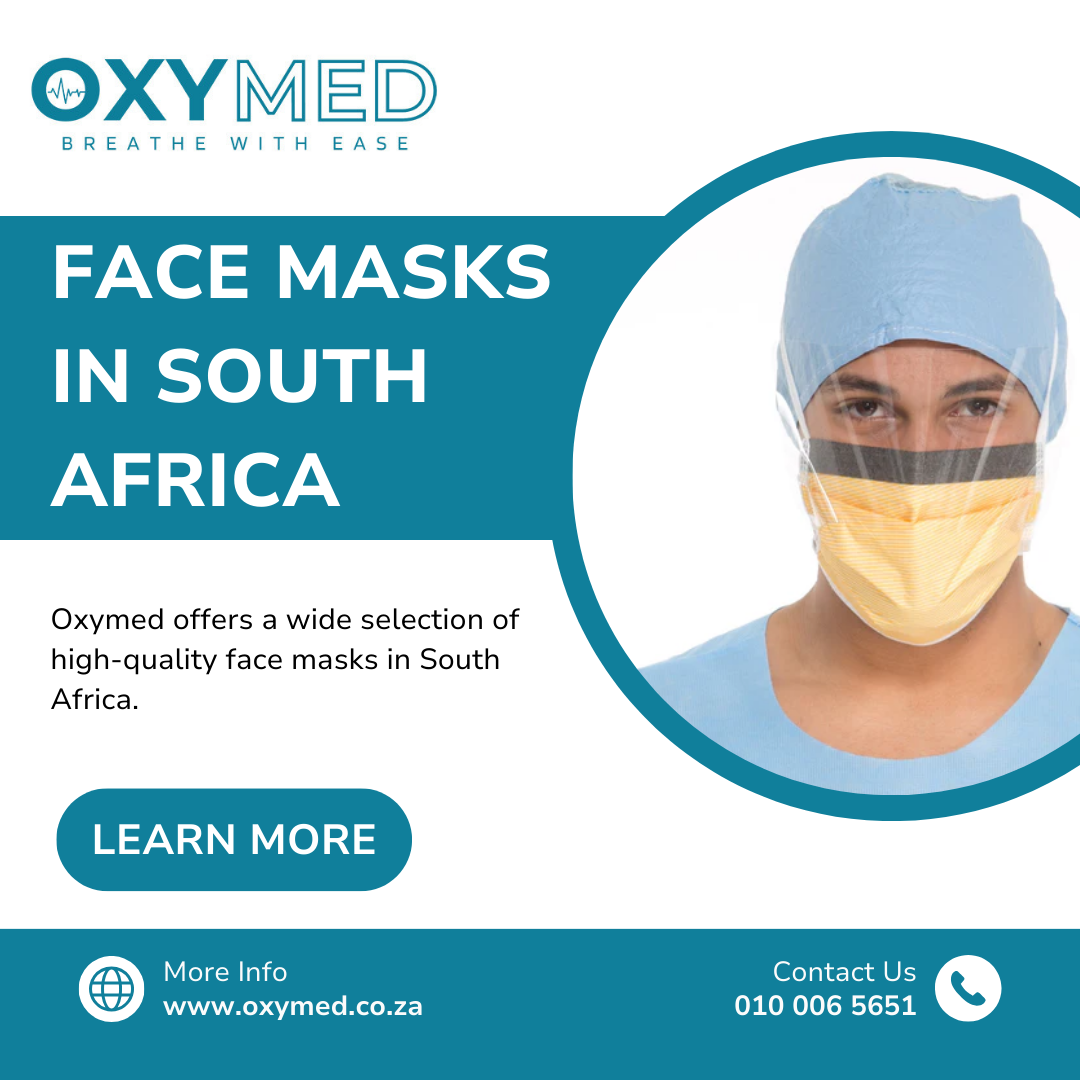Acne is such a common issue that can be pretty annoying to struggle with, but with the help of some helpful skincare tips, one can easily overcome this condition. The face mask has proved to be one of the most useful tools when it comes to combating acne. Face masks are meant to be used as an extra step in your beauty routine for well-cared-for skin. They are meant to combat spots, reduce inflammation, and restore equilibrium to the skin.
In this article, we will learn how face masks in South Africa can be beneficial for acne and breakouts, what ingredients to use, and how to make the most of your mask experience.
Gaining the Perks of Face Masks
Deep Cleansing
Occlusion of the pores is one of the main causes of acne on the face and body. Skin oil, which is sebum, is released through the skin, and it accumulates with dirt, bacteria, and dead skin, leaving your skin filled with blackheads and sometimes acne. Products meant for the face with acne help to clean the skin and remove any debris from the facial pores.
Substances such as bentonite clay and charcoal are very useful in that they can pull out toxins from deep within the skin. These masks similarly act as magnets, and when they come off the face, they seem to drag all the dirt, oil, and black/ white heads out of the skin’s surface, thus minimizing the formation of new pimples.
Reducing Inflammation and Redness
It also causes inflammation in the skin, which makes spots more visible and irritated. Some face masks contain chemicals that act as skin inflammation relievers to calm the skin during the mask application process. Proponents of homemade acne masks use tea tree oil, green tea extract, and aloe vera, which decrease redness and inflammation, hence making the skin feel better.
Inflammation masks prevent the skin from taking longer to recover from breakouts, ensuring that there are no marks on the skin.
Exfoliation for Clearer Skin
This requires that you remove the dead skin cells from the surface of the skin as much as possible to prevent acne breakouts. It enables one to lessen the accumulation of dead skin cells that, if left on the face, may block the pores and cause the occurrence of acne. Most of the face masks have chemical exfoliants such as salicylic acid and Alpha-hydroxy acids (AHAs). It has such effects as the ability to peel off the skin layer, thus removing the blockage of the pores and controlling breakouts.
Particularly, salicylic acid is a beta hydroxy acid (BHA) that thoroughly enters the pores to break down oil accumulation and avoid blockages that result in acne.
Balancing Oil Production
People with acne are said to have oily skin, but the skin has to be nourished while wearing a mask, and it does not have to be dried. It is to be noted that most masks aid in regulating the secretion of sebum without completely removing all the oils on the skin’s surface. Niacinamide, which is also known as vitamin B3, is actually an ingredient that controls the oils without stripping the skin of its natural oils, and sulfur also controls oil production while keeping the skin moisturized.
Face masks in South Africa may prevent oil build-up and thus reduce sleekness and pimple formation when the requisite oil levels are strictly maintained.
Targeting Acne-Causing Bacteria
One of the main causes of acne is bacteria, specifically Propionibacterium acnes. Antibacterial substances included in some face masks aid in the destruction of these germs and stop them from growing. Benzoyl peroxide, tea tree oil, and sulfur are typical antibacterial substances that help dry up existing pimples and destroy germs that cause acne.
When used as spot treatments, these masks can be very helpful in addressing certain areas where outbreaks are occurring.
Hydration Without Clogging Pores
Treatments for acne can occasionally make the skin feel tight and dry, especially if topical drugs are being used. Contrary to popular belief, moisturizing the skin may prevent pores from becoming clogged and reduce outbreaks. This is especially true for face masks.
Seek for masks that help replenish moisture without adding oil, such as those that contain lightweight, non-comedogenic ingredients like aloe vera and hyaluronic acid. Sufficient hydration maintains the skin’s protective layer, assisting in self-healing and warding off irritants that may cause outbreaks.
Conclusion
Face masks in South Africa are quite effective in fighting acne and breakouts since they can deep cleanse the skin. With the right masks in your beauty regimen, it becomes easy to clean the skin to an enhanced level, scrub off dead skin cells, and regulate the secretion of sebum. But if you need them every day, these can be a valuable addition to your treatment lineup to help you get that clean and healthy skin.
When choosing a mask, make sure you go for ones that are for your skin type and the specific acne you have. And always, please take note that though face masks aid in the control of pimples, a good skincare regime, clean eating habits, lots of water intake, healthy sleep, and good sunlight exposure should be applied for clean and healthy skin.
